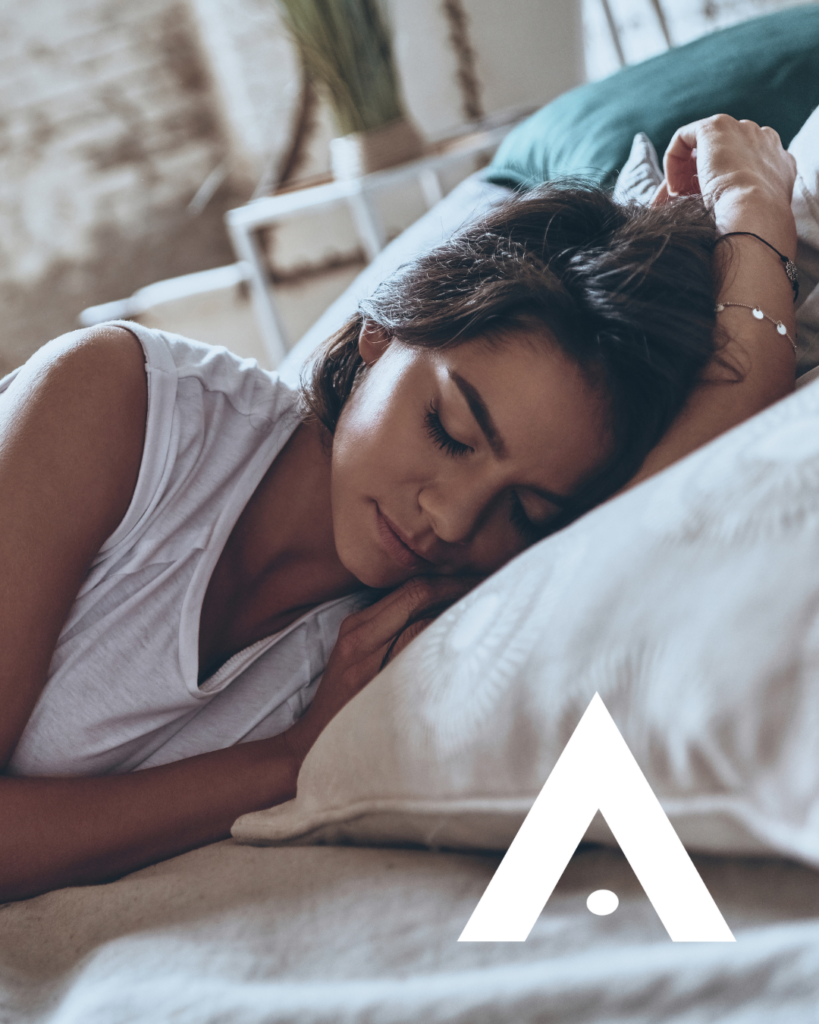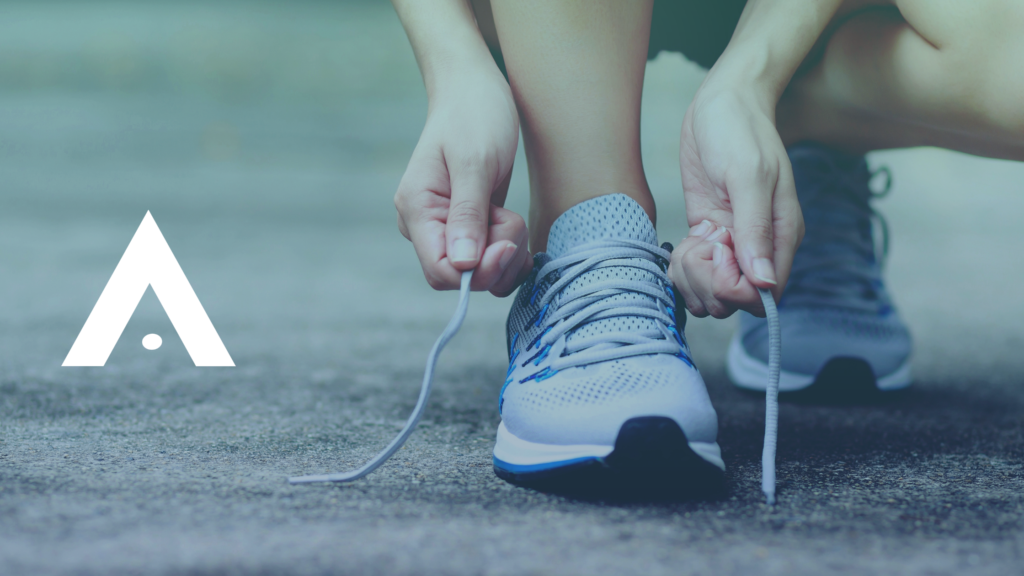The importance of sleep for athletes in the recovery phase

Sleep is essential for recovery after intensive training or competition, but is often neglected by athletes.
According to Inserm, sleep promotes muscle regeneration and physical recovery by enabling the release of growth hormones and activating cellular repair processes.
[Source: Inserm1]
While balanced nutrition and recovery exercises such as static stretching are important, a 2015 meta-analysis published in Sports Medicine showed that sleep remains the number 1 key to optimal muscle recovery after exercise.
[Source: Sports Medicine2]
Evidence is mounting on the benefits of sleep for sports recovery. A 2011 study published in the journal Sleep found that college basketball players who increased their sleep time by several hours a night saw their performance improve by 9%.
[Source: Stanford3]
What's more, sleep deprivation slows muscle recovery according to the 2015 meta-analysis. Insufficient sleep reduces glycogen resynthesis and the production of restorative cytokines.
Sleep quality is just as crucial as quantity. A good indicator is heart rate variability (HRV) during sleep. High HRV, a sign of deep, restorative sleep, has been associated with better recovery after exercise.4
To optimize this, 7 to 9 hours per night with 4 to 6 complete cycles of about 90 minutes are recommended.5. Sufficient sleep in terms of duration and quality is the key to regenerating energy and repairing muscle micro-injuries.
In short, sleep plays a vital role in muscle recovery after training and competition. It's the number 1 key, even more important than a good diet or recovery exercises. Sufficient sleep in terms of both duration and quality ensures optimal recovery by activating the processes of cellular regeneration and repair of micro-injuries.
By optimizing your recovery sleep with a restful environment (mattress topper, night mask) and comfortable bedding, you'll boost muscle regeneration and physical and cognitive performance over the long term.

Sleep, the key to boosting sporting performance
Beyond recovery, sleep has a direct impact on physical and cognitive performance during exercise.
Sleep-deprived fatigue can impair muscular strength, cardiovascular endurance, reaction time and decision-making.2. Chronic sleep deprivation also impairs motivation and the ability to concentrate, key elements in sport.
Conversely, increasing sleep time can dope performance. A 2018 meta-analysis in the European Journal of Sport Science shows that increasing sleep time by 30 to 60 minutes per night can improve speed, muscle strength and endurance by 1 to 3%.6
Optimize sleep for recovery and performance with IAKOTA
As we have seen, sleep is essential for muscle recovery after exercise and for maximizing sporting performance. Insufficient or poor-quality sleep will have adverse effects on regeneration and physical and cognitive capacities.
Thanks to our Iakota products like the mattress topper or the night mask, it's now possible to easily improve the comfort and quality of your sleep.
By stimulating the parasympathetic nervous system, the mattress topper increases heart rate variability (HRV) for deep, restorative sleep and improved muscle recovery.
Iakota night masks also create the ideal environment for deep sleep. In addition to blocking out any stray light that might disrupt sleep cycles, the night mask acts on the optic nerve, allowing immediate relaxation after wearing it. Light, temperature and the quality of bedding are all factors that contribute to a good night's sleep.
By improving your sleep with Iakota equipment, you'll optimize your recovery, endurance and overall performance, according to multiple scientific studies. Instilling a little extra rest into your sports routine can help you reach new heights!

- https://www.ipubli.inserm.fr/bitstream/handle/10608/97/expcol_2008_activite_05com.pdf?sequence=39
- Sleep and athletic performance: the effects of sleep loss on exercise performance, and physiological and cognitive responses to exercise, Sports Med. 2015 Feb;45(2):161-86. doi: 10.1007/s40279-014-0260-0.
- The Effects of Sleep Extension on the Athletic Performance of Collegiate Basketball Players, Sleep. 2011 Jul 1;34(7):943-50. doi: 10.5665/SLEEP.1132.
- https://sleepdoctor.com/physical-health/hrv-and-sleep/
- https://pubmed.ncbi.nlm.nih.gov/29073412/
- How much does sleep deprivation impair endurance performance? A systematic review and meta-analysis, Eur J Sport Sci. 2023 Jul;23(7):1279-1292. doi: 10.1080/17461391.2022.2155583. Epub 2022 Dec 15.

